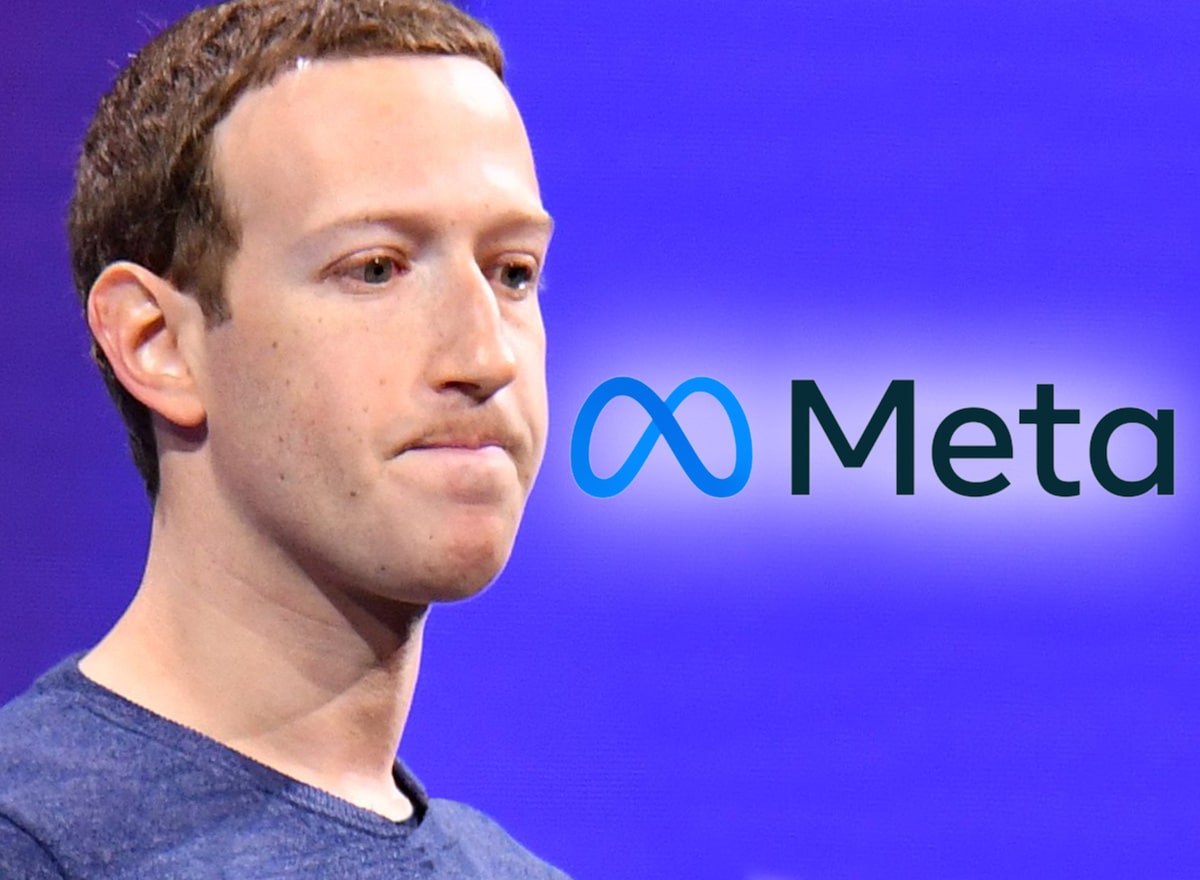Meta, formerly known as Facebook, has announced a significant change in its content moderation policies, opting to replace third-party fact-checking services with user-generated "community notes." This decision, which comes as Donald Trump begins his second term as U.S. president, has sparked widespread concern over its potential to exacerbate the spread of misinformation.
The shift to community notes represents a departure from Meta's earlier efforts to combat misinformation through partnerships with independent fact-checking organizations. Under the new system, users will be encouraged to contribute contextual notes to posts, aiming to provide additional perspectives or clarify potentially misleading content. While Meta has presented this change as a move toward transparency and community engagement, critics argue it opens the door to a range of risks, including the amplification of false information.
Many view this policy change as a concession to Trump, who has been a vocal critic of Meta in the past, accusing the platform of bias against conservative voices. By dismantling its fact-checking framework, Meta appears to be aligning itself with the demands of Trump’s administration and its supporters, who have long advocated for less restrictive content moderation on social media.
The implications of this decision are far-reaching. With community notes relying on user contributions, the system is vulnerable to manipulation by coordinated campaigns seeking to spread propaganda or discredit legitimate information. Unlike professional fact-checking, which involves rigorous verification processes, community-driven efforts may lack the expertise and neutrality required to ensure accuracy.
Experts in digital ethics and media studies have warned that this move could undermine the integrity of information shared on Meta’s platforms, including Facebook and Instagram. The platforms, which collectively have billions of users worldwide, are already major hubs for news consumption. Without robust safeguards, the reliance on user-generated content may exacerbate the challenges of distinguishing credible information from falsehoods.
Proponents of the change argue that community notes promote democratic participation and decentralize control over information. They believe the system will empower users to engage critically with content and reduce accusations of bias in moderation practices. However, the effectiveness of such a model in combating misinformation remains unproven, particularly in the context of Meta’s vast, diverse user base.
This policy shift comes at a time when social media platforms are under increasing scrutiny for their role in shaping public discourse. As misinformation continues to influence elections, public health, and global relations, the decision to scale back fact-checking raises serious questions about Meta’s commitment to combating these issues.
The road ahead for Meta is fraught with challenges. While community notes may foster greater user engagement, the potential for misuse and harm cannot be ignored. Striking a balance between openness and accountability will be critical to ensuring that the platform remains a space for constructive dialogue rather than a breeding ground for misinformation.
As Meta moves forward with its new approach, its ability to maintain trust and integrity will likely define its legacy in the evolving landscape of social media and digital communication. For now, however, the decision has left many questioning whether the platform’s shift represents a step forward or a dangerous gamble.







